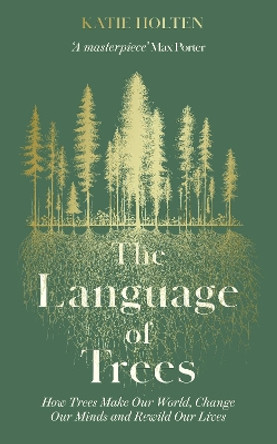Description
"A delightfully fearless and deeply sensitive examination of that most primal and formative human experience." Alan Burdick, author of Why Time Flies: A Mostly Scientific Investigation
#1 New Release in Evolutionary Psychology and Buddhism
For anyone suffering from global pandemic anxiety caused by the new coronavirus, comes an exploration of one of the most powerful and primitive human emotions.
A history and culture of fear. Over the last five hundred years, life for the average human being has changed dramatically plagues no longer routinely wipe out entire families, and we no longer empty our chamber pots into the street. But, progress has shown that no matter how many dangers we neutralize, new ones emerge. Why? Because our level of fear remains constant.
Fear in contemporary society. For years, Dr. Frank Faranda studied a state of fearfulness in his patients an evolutionary state that relentlessly drove them toward avoidance, alienation, hypercriticism, hyper-control, and eventually, depression and anxiety. He began to wonder what they were afraid of, and how embedded these fears might be in contemporary society. This book aims to break us free from what he found.
Fear not. Faranda's Fear Paradox is simple even though fear has a prime directive to keep us safe and comfortable, it has grown into the single greatest threat to humanity and collective survival. As a consequence, fear is embedded in our culture, creating new dangers and inciting isolation. With rising anxiety levels, now is the time to shine a light on our deepest fears and examine the society that fear is creating.
But fear not inside, you'll learn about:
- The fear of pain and the fear of the unknown
- How fear has driven progress in the West
- The price paid to eradicate fear
Read books like Fear, The Culture of Fear, or The Science of Fear? Then The Fear Paradox is your next read. Come on, what are you afraid of?
The author is a clinical psychologist with fifteen years of experience in private practice. He has particular expertise in attachment theory, Jungian analysis, psychoanalysis, and "parts work." Has published papers in Psychoanalytic Inquiry and the Journal of Psychotherapy Integration. Over the last several years he has published academic articles on mind, metaphor, and imagination in preparation for this book, and has also guest-edited two themed journal issues for Psychoanalytic Inquiry, one of the top journals on the theory and practice of psychotherapy.
About the Author
Dr. Frank Faranda earned his master's degree in developmental psychology and education from Columbia University, Teacher's College, and his Ph.D. in clinical psychology from the Derner Institute at Adelphi University. He was awarded postdoctoral fellowships from New York University's Postdoctoral Program in Psychotherapy and Psychoanalysis, and the Rusk Institute of Rehabilitation Medicine, where he trained in neuropsychological testing and cognitive remediation. Over the last several years he has published academic articles, guest-edited two themed journal issues for Psychoanalytic Inquiry, and taught at The New School. He is a clinical psychologist with fifteen years of experience in private practice.
Book Information
ISBN 9781642500578
Author Frank Faranda
Format Paperback
Page Count 170
Imprint Mango Media
Publisher Mango Media








